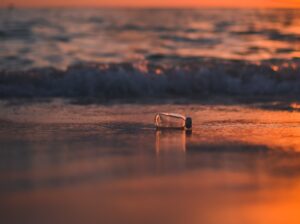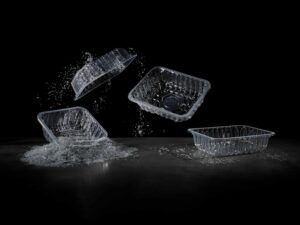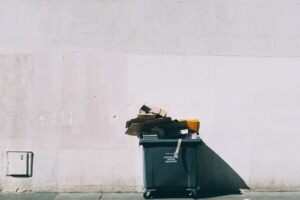Government rejects calls for coffee cup recycling reform
The government has produced a response to the January report by the environmental audit committee, which disagrees with several of its key recommendations such as an introduction of a minimum 25p ‘latte levy’, a target of all disposable coffee cups being recyclable by 2023, and for coffee cups to clearly state where they can be recycled.
The original report stated that although some members of the coffee shop industry have shown initiative in tackling coffee cup waste, their commitments have been ‘inconsistent and need targets’.
In February, Starbucks introduced a 5p cup charge in 35 central London outlets, but it’s an approach that is far from being adopted by the wider industry. The 5p charge on single-use plastic bags has had a big impact on consumer habits, and the report hoped a similar charge would have a positive effect on the coffee industry.
Currently, the taxpayer foots the bill for around 90% of packaging waste disposal, and the report heavily criticised the large coffee chains for not meeting their share. They argued that a so-called ‘latte levy’ on disposable cups would remove some of the financial burden from local authorities and council taxpayers.
In response, the government has said that they would consider introducing charges, amongst other policy options, without making any outright commitments.
They are ‘pleased that major coffee retail chains are taking action to reduce single-use coffee cups by offering discounts to customers with reusable cups and are putting in place the infrastructure to ensure cups can be collected for recycling. The government would like to see this service offered by all businesses selling disposable coffee cups.’
2023 vision
The EAC report also recommended that the government sets out a specific recycling target for disposable coffee cups, and if an effective recycling system is not in place by 2023 then the government should ban disposable coffee cups entirely.
The government disagreed with this recommendation, saying, ‘targets should be challenging, but realistic’, and that 100% recycling from collection is, ‘unobtainable as there will always be contamination in the waste stream – either from the beverage itself or from other items disposed of alongside the cup.’
The government also questioned the environmental impact of biodegradable materials, saying: ‘it can also be more environmentally damaging than non-biodegradable plastic packaging if disposed of incorrectly. For example, if the biodegradable packaging is put in the domestic waste bin it is likely to end up in landfill and break down to release methane, a powerful greenhouse gas.’
Creating a binfrastructure
The committee suggested that the UK’s lack of ‘binfrastructure’ was a significant barrier to coffee cup recycling and it proposed that revenue from the 25p coffee cup charge should be used to support local councils to provide food packaging recycle bins and waste management.
They also proposed that a proportion of the revenue could be used to support a public communications campaign which would provide ‘easily digestible information on best-practice recycling while on-the-go, therefore reducing litter and improving recycling of all types of food packaging waste’.
The government responded by saying that this would undermine the Producer Responsibility Obligations, saying: ‘The committee’s suggestion that coffee cup manufacturers should finance the necessary collection and disposal infrastructure for other packaging products for which they are not responsible goes against this principle and would, in effect, allow for “free-riders” on the system.’
EAC chair, Mary Creagh, said: ‘The government’s response to my committee’s recommendation not only lacks ambition, and puts coffee in the “too difficult” ministerial in-tray.’












